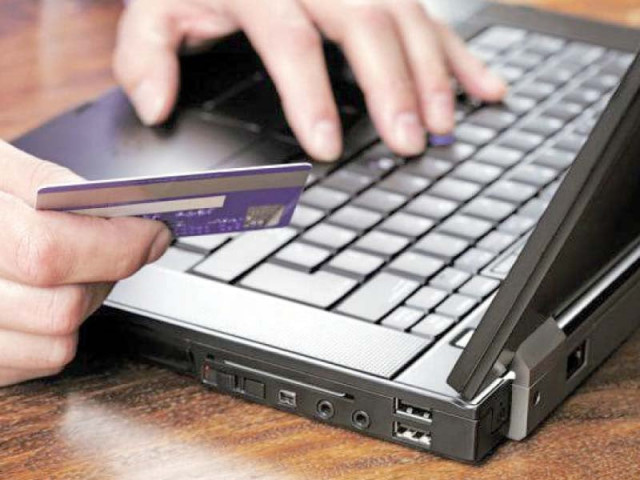Digital payments show robust growth
Boost comes due to significant rise in mobile, internet banking in Pakistan

The adoption of digital payments in Pakistan depicted a strong growth trend in fiscal year 2020-21 primarily due to measures introduced to steer ease of making payments during Covid-19 lockdown.
The Annual Payment System Review (PSR) 2020-21, released by the State Bank of Pakistan (SBP) on Friday, revealed that digital financial transactions grew at a robust pace in Pakistan during the previous fiscal year (FY21).
The number of transactions processed through Pakistan Real-time Inter-Bank Settlement Mechanism (PRISM) spiked 60% on a year-on-year basis in FY21 while there was an increase of 12.8% in value terms, the report showed.
“Similarly, e-banking transactions surged 31.1%, which highlights a substantial increase in adoption of digital means for payments,” it said.
According to the report, this growth was spurred by a major uptake in mobile banking and internet banking.
This promising growth was also achieved on the back of 27 banks offering app-based banking along with other entities offering innovative payment solutions for accepting digital transactions, the SBP said.
“Although this is fantastic news for the country, volumetric transactions through PRISM are still low compared to the rest of the world and we expect a massive surge in this area,” said SI Global CEO Noman Ahmed Said in comments to The Express Tribune.
He projected an expansion in the segment in future, saying that policy regulations seemed supportive. He voiced hope for their successful implementation for the transformation of payment ecosystem in Pakistan.
He was of the view that commercial awareness of digital payments by banks would help further increase the users of digital services and boost economy.
Highlighting that the use of credit cards stood at 3.7% in Pakistan, he stressed the need for improvement in this regard and also called for promotion of mobile banking.
“Although the pace of mobile banking has accelerated, still it is not being utilised widely in commercial businesses,” he lamented.
Citing figures, the CEO pointed out that the international mobile wallet adoption rose to a historic high of 46% in 2020 compared with 40.6% in 2019.
Similarly, total mobile wallet transactions soared to 102.7 billion in 2020 and were expected to cross 2.5 billion by 2025, he said.
Unfortunately, the widespread adoption of digital services has increased cybercrime and card-related frauds.
He recalled that scams related to real-time payments were on the rise in 2019 and 2020, and now, criminals were targeting new channels of money transfer.
“Due to this, there is a need to enhance security measures and introduce new policies,” he said. “To ensure safety of payments, a lot of work needs to be done.”
He cherished that Pakistan was well on its way to unlock the massive potential of e-commerce sector.
The CEO voiced hope that the State Bank would enhance investment in technology and introduce fresh measures that were on a par with the rest of the world to boost the system.
“The entire ecosystem needs to be reviewed and secured and this cannot be achieved by a single organisation,” he said. “Therefore, joint efforts should be made in an expeditious manner given that online transactions are rising steeply.”
Fintech expert Mohsin Termezy stated that the report reflected two trends, which were supply-side growth in online platforms and customer behaviour-driven growth.
“Supply-side growth means that several new e-commerce platforms are emerging in the country and the lucrative discounts, offered by them, are encouraging more and more people to purchase from online websites.”
He elaborated that previously banks had barred customers from making online payments through debit cards and at that time credit cards were the only mechanism to pay online for merchandise.
Enabling digital payments through debit cards proved to be a breakthrough for digitalisation because 40 million debit cards were circulating in the country against 600,000 credit cards, Termezy said.
Published in The Express Tribune, October 23rd, 2021.
Like Business on Facebook, follow @TribuneBiz on Twitter to stay informed and join in the conversation.


















COMMENTS
Comments are moderated and generally will be posted if they are on-topic and not abusive.
For more information, please see our Comments FAQ